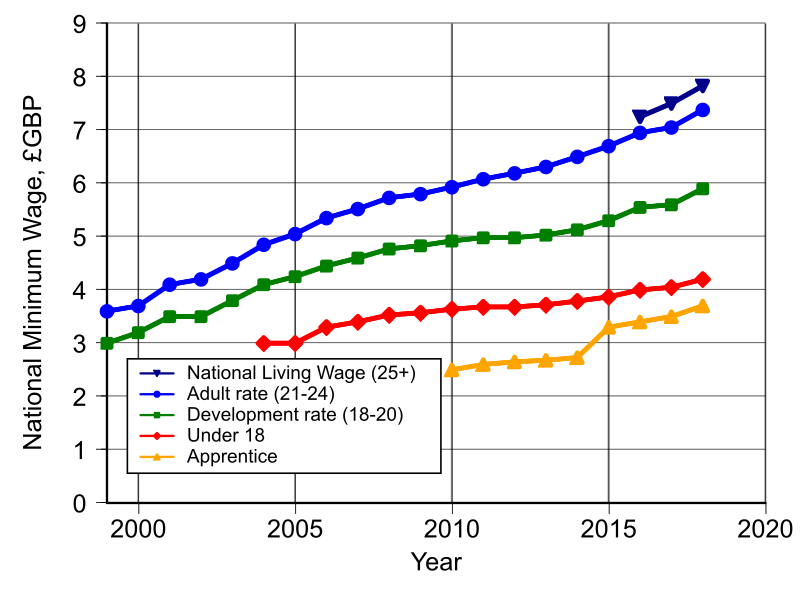Meta to Invest $15 Billion in Scale AI to Compete with Rivals

Meta Platforms, Inc., the parent company of Facebook, has announced plans to invest approximately $15 billion in Scale AI, a data labeling startup, aiming to secure a 49% equity stake in the company. This ambitious investment, poised to be one of the largest of its kind, reflects Meta's strategy to bolster its artificial intelligence (AI) capabilities and to establish a leading position in the competitive landscape dominated by tech giants such as OpenAI, Google, and Anthropic.
The announcement, which could materialize as soon as Wednesday, values Scale AI at approximately $28 billion, according to insider sources familiar with the negotiations. This investment comes on the heels of Meta’s recent struggles with its own AI initiatives, particularly following the lackluster launch of its latest large language model, Llama 4, which failed to meet critical reasoning and coding benchmarks.
Meta’s push to enhance its AI prowess through this acquisition is part of a broader strategy to establish a 'superintelligence' lab, focusing on the development of advanced AI models that can outperform existing solutions. Alexandr Wang, the 28-year-old co-founder of Scale AI, is expected to be a pivotal figure in this initiative, taking on a significant role within Meta's AI division.
According to Dr. Emily Chen, a leading AI researcher and Professor of Computer Science at Stanford University, "Meta’s investment in Scale AI reflects a strategic shift in the tech industry, where companies are increasingly looking to acquire specialized talent and technology to stay competitive. The race for AI supremacy is intensifying, and partnerships like these can significantly accelerate innovation."
Scale AI, founded in 2016, specializes in data labeling services crucial for training AI models. The company's core business involves ensuring high-quality data input, which is vital for the success of machine learning algorithms. This investment aligns with the growing trend among tech giants to secure proprietary technologies and expertise, as seen in similar moves by Microsoft and Google, who have made substantial investments in AI startups over the past few years.
The current landscape of AI development is marked by fierce competition. Companies like OpenAI have recently introduced new models that showcase significant advancements in problem-solving capabilities. Dr. Mark Thompson, an AI ethics expert at the Massachusetts Institute of Technology, emphasizes the importance of this competitive environment, stating, "With AI technology evolving rapidly, companies must innovate or risk obsolescence. Meta’s strategy to acquire Scale AI’s talent is a clear indication of their intent to regain a leadership position in AI."
However, this acquisition raises questions about Scale AI's future direction. Wang has expressed interest in taking the company public, but the potential deal with Meta introduces uncertainty regarding this goal. Industry analysts have noted that while such acquisitions are common in the tech sector, they often lead to shifts in company culture and direction.
Additionally, the implications of this investment extend beyond corporate strategy; they also touch on broader economic and regulatory considerations. As tech companies consolidate power in the AI space, regulatory bodies may scrutinize these moves more closely. Professor Jane Miller, a regulatory expert at the University of California, Berkeley, warns, "As these large companies expand their reach through acquisitions, it is essential for regulators to monitor potential monopolistic behaviors that could stifle innovation and competition in the industry."
In conclusion, Meta’s planned investment in Scale AI is a significant development in the ongoing race for AI supremacy among tech giants. As Meta seeks to enhance its capabilities and compete with established players, the outcome of this investment will have far-reaching implications for the future of AI technology and the broader tech landscape. The coming weeks will be crucial as details of the investment unfold and as both companies navigate the complexities of this ambitious deal.
Advertisement
Tags
Advertisement





